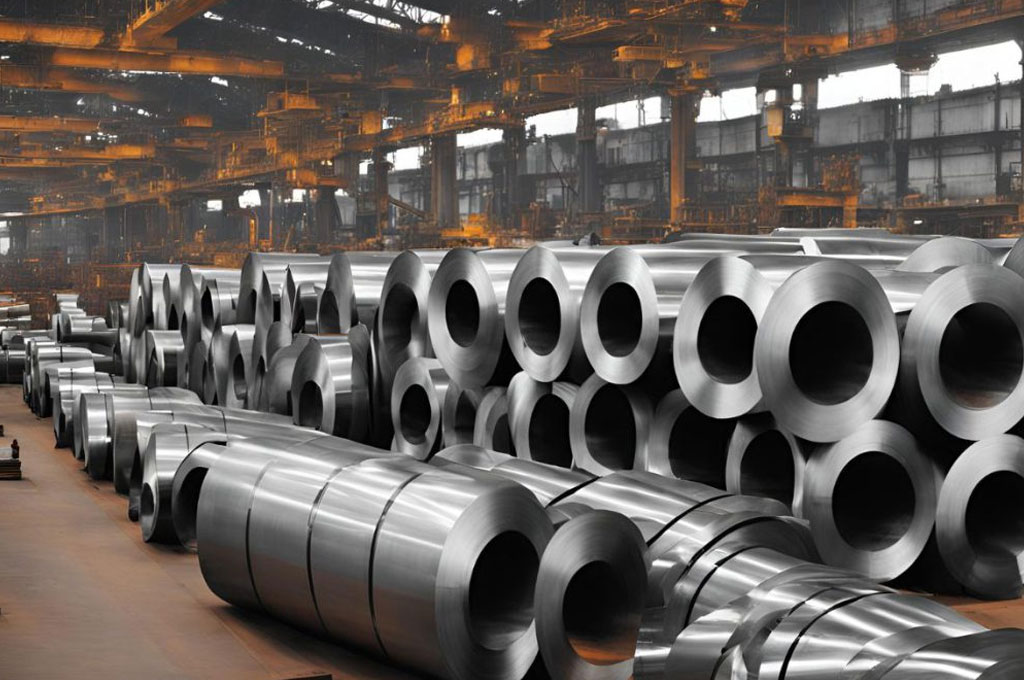Steel is a deregulated sector, and the role of the Government is that of a facilitator. Export of steel is dependent on factors such as global market conditions, demand and supply, cost of input raw materials such as iron ore, coking coal etc. which are market linked. Government regularly monitors the overall steel scenario including exports, imports, prices etc.
What Is CBAM On Indian Steel Industry?
The Carbon Border Adjustment Mechanism (CBAM) is a policy initiative by the European Union aimed at addressing carbon leakage by imposing a carbon price on imports of carbon-intensive goods. For the Indian steel industry, CBAM presents a significant challenge and opportunity. India is one of the largest exporters of steel to the EU, and under CBAM, Indian steel producers must account for the carbon emissions embedded in their products. This could increase costs for Indian exporters unless they adopt greener production methods or pay for emission certificates. While CBAM seeks to promote sustainable practices globally, it puts pressure on the Indian steel industry to transition toward low-carbon technologies, such as using renewable energy or green hydrogen, to remain competitive. At the same time, CBAM could encourage India to accelerate its decarbonization efforts, align with global sustainability standards, and develop innovative solutions for carbon efficiency.
Data on value of finished steel export to the European Union during last five financial years is given below: –
| Finished Steel Export | |
| Year | Value (Rs Crores) |
| 2019-20 | 10,692 |
| 2020-21 | 14,144 |
| 2021-22 | 32,149 |
| 2022-23 | 22,482 |
| 2023-24 | 29,534 |
| Source: Joint Plant Committee (JPC) | |
The Government has taken the following measure to safeguard the interest of Indian Steel Industry:-
- In the Union Budget 2024-25, Basic Customs Duty (BCD) has been reduced from 2.5% to Nil on Ferro-Nickel and Molybdenum ores and concentrates which are raw materials for steel industry.
- BCD exemption on Ferrous Scrap and specified raw material for manufacture of CRGO steel has been continued upto 31.03.2026.
- Implementation of the Production Linked Incentive (PLI) Scheme for Specialty Steel to promote the manufacturing of ‘Specialty Steel’ within the country and reduce imports by attracting capital investments. The anticipated additional investment under the PLI Scheme for Specialty Steel is Rs. 27,106 crores with downstream capacity creation of around 24 million tonnes (MT) for specialty steel.
- Implementation of Domestically Manufactured Iron & Steel Products (DMI&SP) Policy for promoting ‘Made in India’ steel for government procurement.



